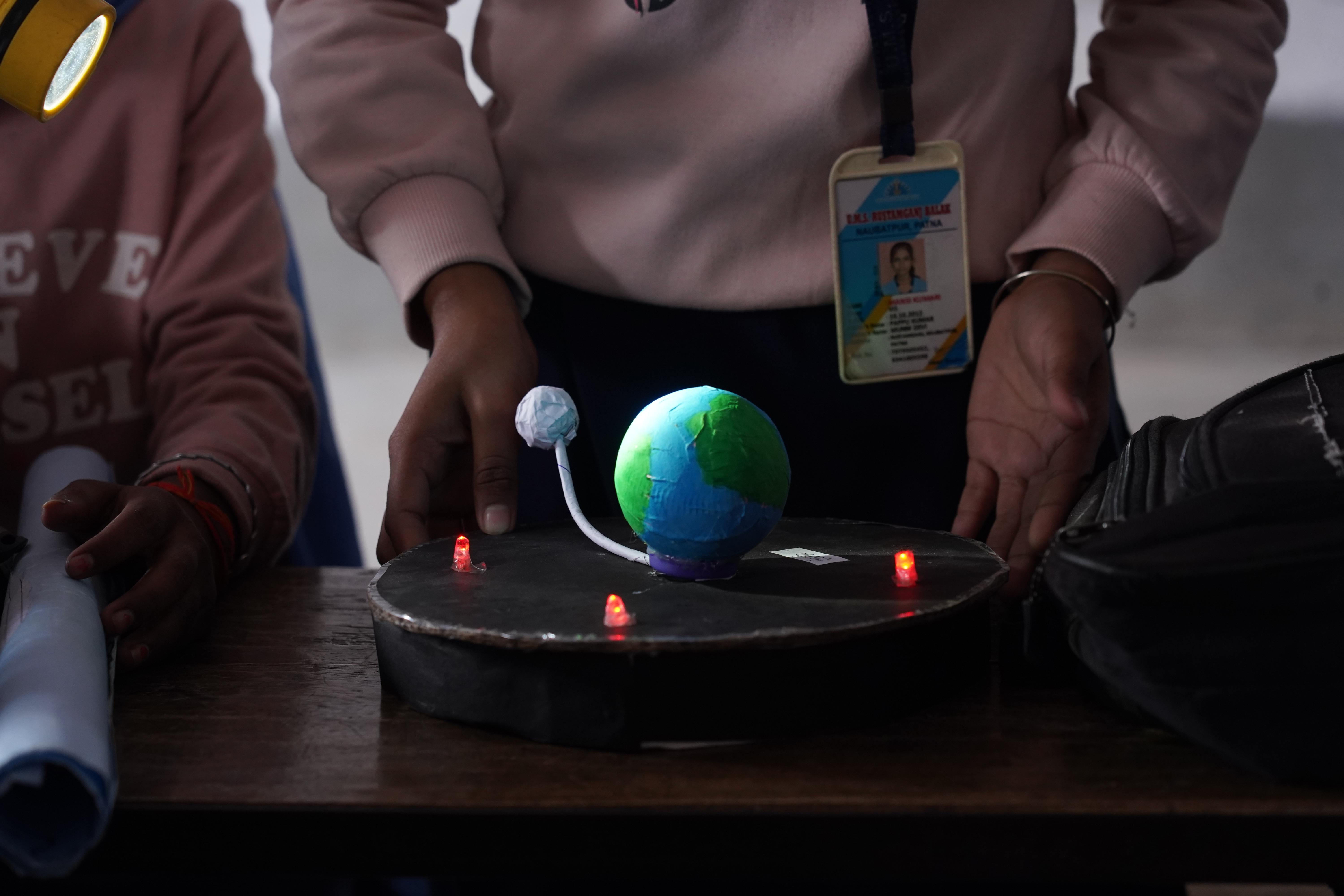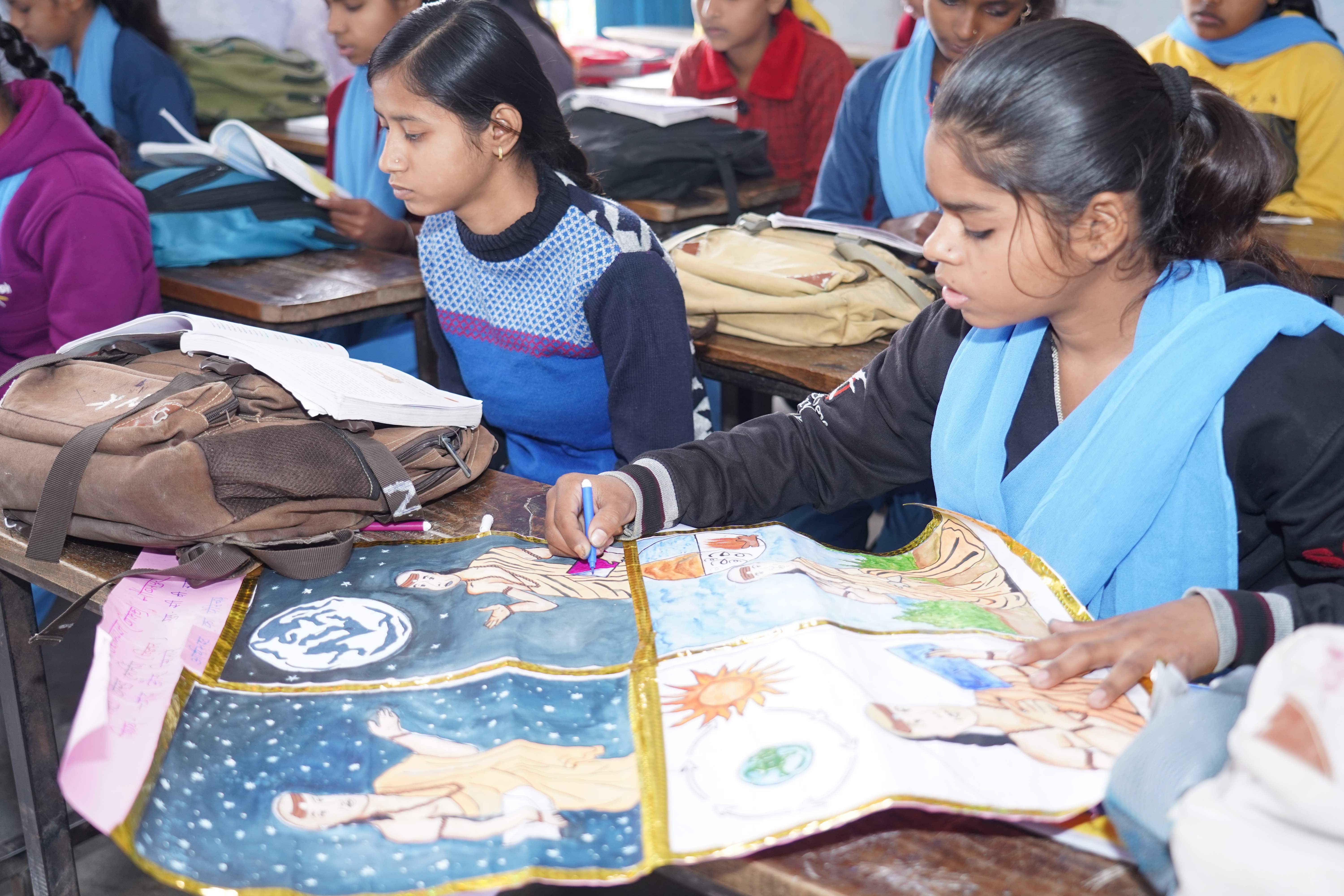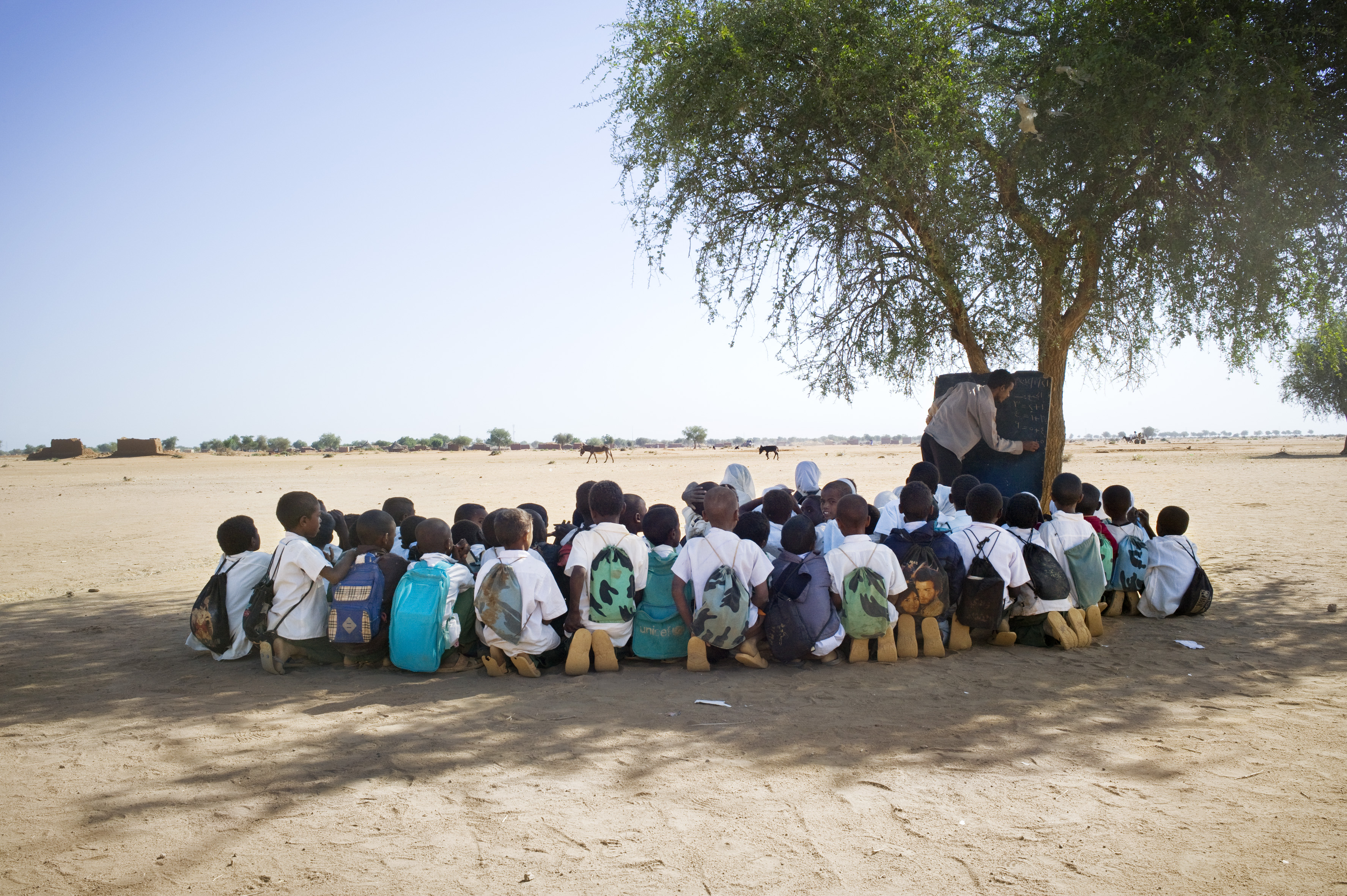
Policies
Internet Free Education Resource Bank (IFERB)
Context
Despite efforts to increase primary school enrollment in Central and Southern Asia, a significant learning crisis persists, impacting millions of children. Countries like India, Pakistan, Afghanistan, Bangladesh, and Nepal struggle with educational challenges, with a staggering 81% of children aged 6-14 failing to meet basic learning targets due to poverty, inadequate infrastructure, and cultural barriers. The COVID-19 pandemic worsened the crisis, disrupting learning continuity and widening disparities. In India, where progress had been made in improving reading and math skills, the pandemic undid much of it. With schools closed and a shift to remote learning, millions were left without access to education, exacerbating inequalities and signaling setbacks in educational outcomes.

Solution
The Internet Free Education Resource Bank (IFERB) by the Education Above All Foundation (EAA) offers a transformative solution to global education challenges. It is a dynamic repository of open-source teaching materials focusing on Project-Based Learning (PBL) to democratize education, particularly in contexts where there is a need for low-cost educational resources for children whose education has been disrupted, who are digitally isolated or who would benefit from the introduction of active and hands-on learning opportunities. IFERB sustains learning and promotes innovative pedagogies among educators and learners worldwide in such contexts. IFERB provides materials to enhance the teaching and learning of literacy, numeracy, science, social science, and social and emotional learning, among other areas.
EAA has worked with over 30 partners to implement IFERB in diverse contexts, ranging from providing education for out-of-school children in conflict and crisis-affected areas to school-based interventions to enhance the quality of teaching and learning in different subjects. EAA works with partners to adapt and contextualize IFERB resources to meet their learners’ needs, train teachers, and monitor and evaluate the IFERB projects they implement.

Impact
Through more than 30 programs across 13 countries, IFERB has impacted and significantly improved learning outcomes and 21st-century skills for over 6 million learners. Its user-friendly interface and accessible resources garner praise from educators and increase parental engagement, bridging home and school learning. IFERB catalyzes sustainable education progress, empowering generations with knowledge and opportunity. In Bihar, for example, the state government was heavily involved in all stages of the program, from creating and reviewing educational materials to continuously monitoring program implementation in schools. The state government also made significant financial contributions to ensure the rollout of teacher training across all districts and to provide printed handbooks to guide teachers in 29,000 schools on PBL implementation.
Analysis
The Internet Free Education Resource Bank (IFERB) showcases promising scalability and potential for replication in regions beyond Central and Southern Asia. Its success in over 30 programs across 13 countries underscores its adaptability and effectiveness in diverse educational contexts. IFERB's focus on democratizing education through open-source teaching materials and Project-Based Learning (PBL) makes it relevant for addressing educational challenges worldwide.
However, implementing IFERB in new regions may encounter challenges. Limitations, such as cultural and linguistic diversity across different regions, may require content customization to align with local educational practices and languages, potentially increasing implementation complexities and costs.
Securing sustainable funding and development partnerships for long-term support could pose significant challenges. Political instability, conflicts, and socioeconomic disparities in some regions may impede effective implementation and scalability. Despite these challenges, with strategic planning, stakeholder engagement, and tailored approaches, IFERB has the potential to substantially impact education globally, contributing to improved learning outcomes and opportunities for millions of children.












